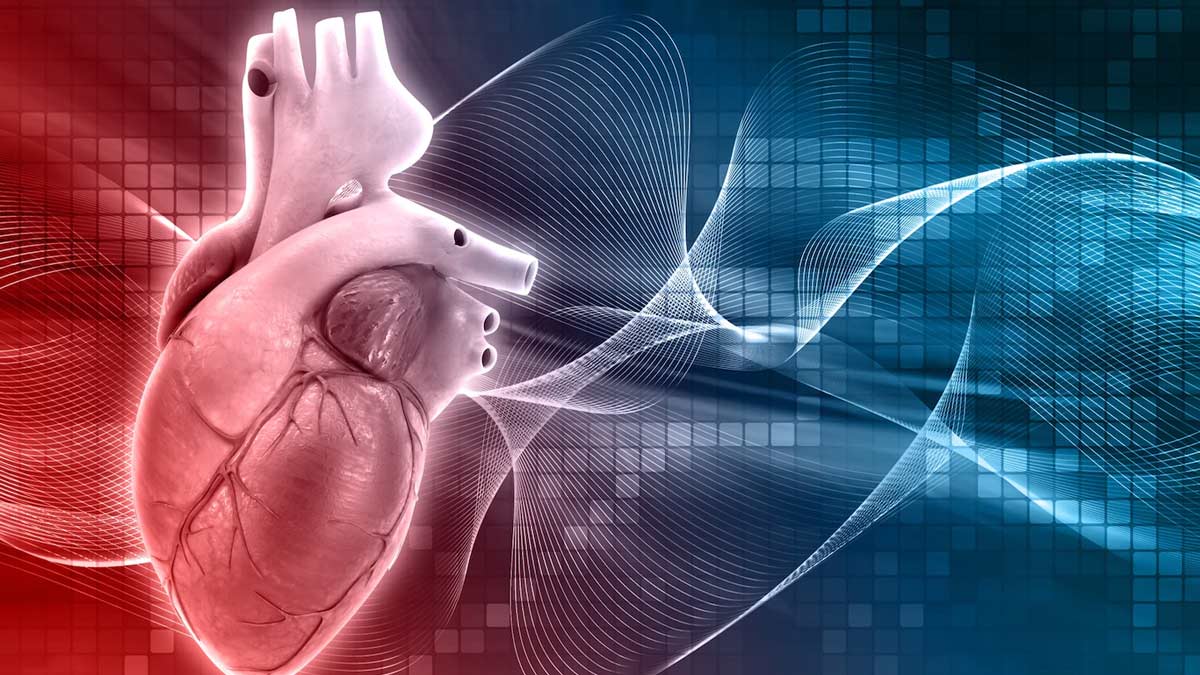
Menopause is characterized by the absence of menses for a period of one year. The average age of menopause in Asia is about 51 years. Menopause causes many changes in the body which are due to the reduced levels of estrogen as ovaries become inactive over the course of time. The symptoms of menopause include hot flashes, vaginal dryness, sleep disturbances, and mood changes, all related to decreased levels of estrogen. Cholesterol is fat in the body and cholesterol levels are maintained by estrogen in the body. There are two types of cholesterol, LDL which is called 'bad cholesterol' and HDL, which is called 'good cholesterol'. To enlighten us about the link between menopause and cholesterol levels, Onlymyhealth editorial team spoke to Dr. Rashmi Vohra, Consultant Reproductive Medicine and IVF, Manipal Hospitals, Patiala.
Table of Content:-
Link between menopause and cholesterol levels

Too much LDL leads to a collection of cholesterol in the blood vessels leading to thickening and over the time blocking of arteries. Hypercholesterolemia is one of the causes of heart attacks in post menopausal women. Reduced estrogen leads to an increase in LDL and thus, increasing the risk of heart diseases. Decreased estrogen levels are associated with both change in quality of life as well as major health issues like heart diseases.
Lipid profile is a battery of tests which involves total cholesterol, LDL, HDL, VLDL, and triglycerides. Abnormalities in lipid profile do not impose any symptoms, hence it makes hypercholesterolemia a more serious problem. Menopause associated with obesity poses more of a challenge. The Centre Of Disease Control (CDC) advises lipid profile to be checked every 5 years, if the previous report was normal. Moreover, lipid profile might need to be done more frequently if menopausal woman already has high risk factors like obesity, family history of cardiovascular diseases, hypertension, diabetes, any blood coagulation defects or if she is taking some medications which can alter lipid profile.
Also read: Surprising Health Benefits of Menopause for Women
How to deal with raised cholesterol levels?

1. Regular exercise
There are many ways to deal with elevated cholesterol and regular physical exercise is one of the best ways to keep a check on your cholesterol. A daily brisk walk of at least 40 minutes, 5 times a week is considered good for your health.
Also read: Signs and Symptoms of Menopause in Women
2. Healthy diet
Another modification which can be done is diet. Taking a healthy diet is core for increasing good cholesterol and decreasing bad cholesterol levels. Including less saturated fats in the diet is recommended and more of polyunsaturated fatty acids, like nuts and seeds. We should keep changing our oils and should not confine ourselves to one particular oil as all have their own benefits. Sunflower oil, olive oil, canola oil, and groundnut oil, all are good sources of PUFAs.
Quiting smoking and reducing alcohol intake is also recommended for high cholesterol patients. If lifestyle modifications do not help, cholesterol lowering drugs are adviced. Menopause is not a disease but a stage of life which should be dealt gracefully. One should visit to reproductive medicine doctor once a woman achieves menopause, to take advice regarding this important phase as it should be taken as a celebration and not distress.
Also watch this video
How we keep this article up to date:
We work with experts and keep a close eye on the latest in health and wellness. Whenever there is a new research or helpful information, we update our articles with accurate and useful advice.
Current Version